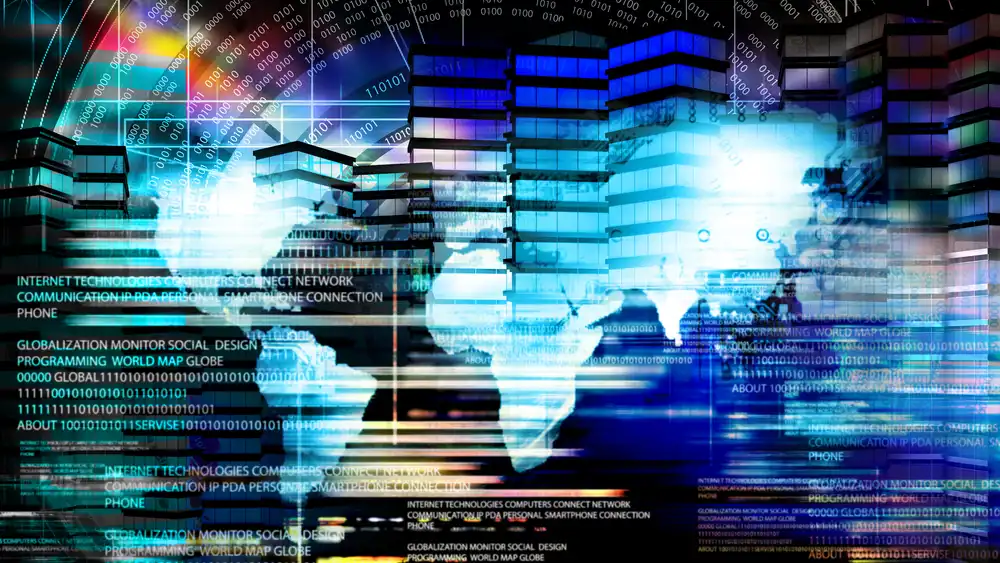European Ruling on Encrypted Communications
The European Court of Human Rights (ECHR) recently made a crucial ruling. They have established that it is illegal for governments to compel tech companies to build backdoors into encrypted communications. This decision follows a long-standing debate regarding privacy, encryption, and national security.
Privacy advocates, tech firms, and many users stress the importance of encryption. It is essential for secure communication. Meanwhile, governments argue that they require access to these communications to enhance national security and conduct criminal investigations.

The ECHR's ruling will significantly restrict governments' abilities in this regard. While they can still access encrypted communications if they obtain legal permission, they cannot force companies to build backdoors into their data encryption.
The Case Leading to the Ruling
The case that led to this landmark ruling involved the United Kingdom. The UK Government’s security services had been conducting mass surveillance. This activity, widely criticized, was exposed by Edward Snowden.
Following the revelation of their activities, several organizations and private individuals brought a case against the government. They argued that this mass surveillance was a breach of privacy.
The case eventually made its way to the ECHR. Here, in a unanimous decision, the court ruled that the surveillance conducted by the UK was illegal.
The court also concluded that mandating tech companies to build backdoors into encrypted communications was not legal. The latter decision sends a powerful message to governments globally.
The Significance of the ECHR Ruling
The ECHR ruling has significant implications. Firstly, it upholds users' rights to privacy. Many users have grown increasingly concerned about privacy in this digital age. They fear that governments may pry into and exploit their personal data.
Secondly, the ruling protects tech companies who want to maintain the privacy of their users data. It underscores the principle that companies cannot be compelled to jeopardize their user's security.
Thirdly, this decision provides a new benchmark in the tug-of-war between national security and individual privacy. It tilts the balance towards the latter.
Finally, while the ruling is specifically aimed at European governments, it also has global implications. It sends a clear message to governments worldwide that user privacy must be respected.
Reactions to the Ruling
The ruling has been hailed by privacy advocates. Many consider it a victory in the fight for digital rights. They assert that encryption is a critical tool in ensuring user privacy and security online.
From tech companies' viewpoint, the ruling is also welcomed. Many have resisted governmental pressures to weaken their encryption. Indeed, this ruling upholds their right to prioritize user security.
On the other hand, the decision has been met with criticism from some quarters. Governments, among others, argue that the ruling hampers their ability to safeguard national security in the face of rising cyber threats.
Despite this, the ECHR ruling stands as a significant development in the ongoing debate over encryption, privacy, and security.